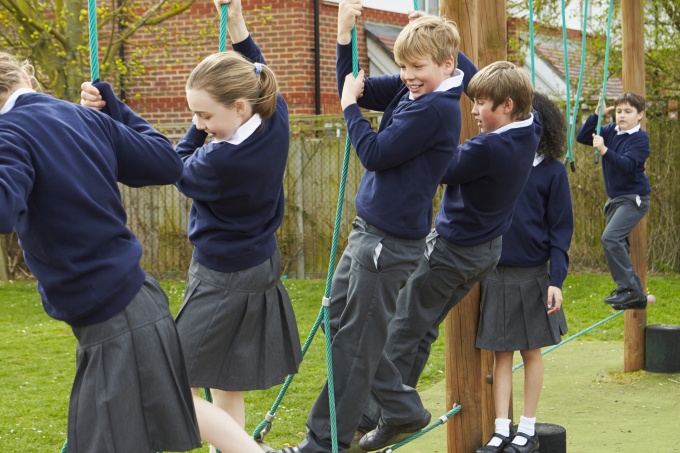_680.png)
Build a better community – and win £150 for your school!
15th April 2025 | Blogs
In our latest competition, we're inviting schools across the UK to showcase creative initiatives that foster inclusivity, emotional wellbeing, and connection among pupils. Whether it’s a kindness campaign, a pupil-led wellbeing zone, or a community mural, schools can submit their projects for a chance to win £150 to support their community-building efforts.
_680.jpg)
Solving the system’s SEND challenge: the blueprint for sustainable change
26th March 2025 | Blogs
In the final instalment of a special blog series, Tom Preston takes you through the key recommendations in Supporting Education Group’s submission to the Commons Education Committee inquiry into the SEND system.
_680.jpg)
Member training: April CPD programme
13th March 2025 | Blogs
Explore the full lineup of CPD sessions for Licensed Practitioners happening in April.

Meet your Head of Apprenticeships: Sarah Kelly
26th February 2025 | Blogs
Get to know Sarah Kelly, Thrive’s Head of Apprenticeships, as she shares her journey into the world of apprenticeships, her passion for providing career-changing opportunities, and what makes Thrive’s apprenticeship programmes unique. Discover her expert advice for those considering an apprenticeship and how Thrive’s programmes integrate specialist training with real-world impact in schools.
_680.jpg)
Barnham CEVC Primary School: Embedding a consistent approach to behaviour and wellbeing
25th February 2025 | Blogs | Case Studies | Thrive Schools of Excellence
Faced with challenges in ensuring a consistent approach to supporting emotional wellbeing, Barnham CEVC Primary School introduced Thrive. Now a School of Excellence, Barnham has seen measurable success in both academic and emotional development. Staff feel empowered to prioritise children’s mental health and wellbeing across all areas of school life and have a consistent approach to managing behaviour.
_680.jpg)
World Book Day Competition: Read Your Way!
25th February 2025 | Blogs
Thank you for taking part in our World Book Day competition! This year’s theme, "Read Your Way," encouraged children to celebrate the joy of reading in their favourite or most unusual spots – and you certainly delivered.

Woodend Farm School: An inclusive approach to wellbeing and learning
11th February 2025 | Blogs | Case Studies | Thrive Schools of Excellence
Woodend Farm School is an independent special school in Essex. In just over a year, the school has been recognised as a Thrive School of Excellence for its commitment to supporting pupils’ social and emotional development and for creating an inclusive environment where young people feel safe, supported and ready to learn.
_680.jpg)
Exploring my emotions: Free resources for children and young people
3rd February 2025 | Blogs
This Children’s Mental Health Week, we’re excited to share a series of bitesize videos designed to support children and young people to understand and manage their emotions. In keeping with this year’s theme, ‘Know Yourself, Grow Yourself’, the videos empower children and young people to explore their feelings, build self-awareness and develop strategies to help them navigate different emotions.
_680.jpg)
New Thrive resources launched to mark Children’s Mental Health Awareness Week
3rd February 2025 | Blogs
Advice on spotting the early warning signs of poor mental health in children and young people has been launched by Thrive in celebration of Children’s Mental Health Week.
_680.jpg)
How to become a Thrive Licensed Practitioner through an apprenticeship
30th January 2025 | Blogs
Thrive Licensed Practitioners play a crucial role in supporting the mental health and wellbeing of children and young people. This blog delves into what the role entails, the personal and professional benefits, the positive impact on pupils, and how a Thrive apprenticeship could be the perfect route to gaining your qualification.
